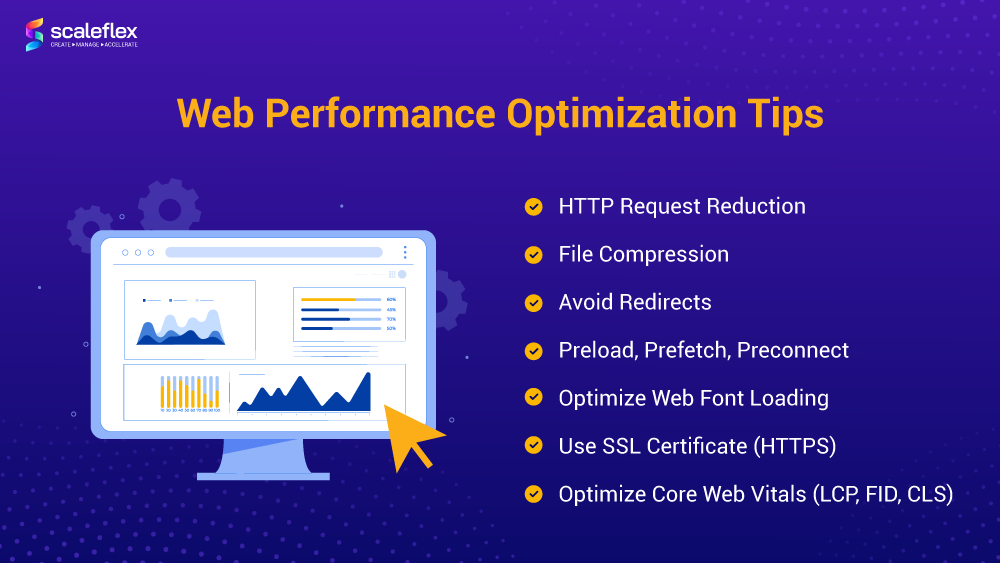BJ255 Insights
Exploring the latest trends and news in various fields.
Speed Demons: Why Your Website Can't Afford to Be Slow
Boost your traffic and conversions! Discover why a slow website could be your biggest mistake and how to fix it fast.
The Consequences of a Slow Website: Losing Customers and Revenue
In today's fast-paced digital world, a slow website can be detrimental to your business. Research shows that loading times of just a few seconds can lead to significant customer loss. In fact, studies suggest that 28% of users abandon a website that takes more than three seconds to load. This not only impacts your customer satisfaction but also your overall revenue. The longer the loading time, the higher the chances are that potential customers will go to your competitors who offer a faster and more efficient browsing experience.
Moreover, a slow website can severely affect your search engine optimization (SEO) efforts. Major search engines like Google prioritize faster websites in their rankings. This means that a sluggish site can lead to a decrease in organic traffic, resulting in a vicious cycle of low visibility and decreasing sales. To mitigate these issues, it is crucial to regularly monitor and optimize your site’s performance. By investing in performance enhancements, you can enhance user experience, retain customers, and ultimately boost your bottom line.

Boost Your Site's Speed: Essential Tips for Success
Improving your website's speed is crucial for providing a great user experience and boosting your site's SEO rankings. Site speed affects everything from bounce rates to conversions, making it a key factor in your online success. Start by optimizing your images; ensure they are in the correct format and compressed to reduce load times. Additionally, consider using a Content Delivery Network (CDN) to distribute your content globally, decreasing the distance data travels and speeding up access for users worldwide.
Another essential tip for enhancing site speed is to minimize HTTP requests by combining CSS and JavaScript files. This reduces the number of files that need to be loaded, consequently speeding up the process. Furthermore, leverage browser caching to store frequently accessed resources, allowing users to access your pages quicker on repeat visits. By implementing these strategies, you can ensure your site remains competitive, offering visitors a seamless and efficient browsing experience.
Is Your Website Too Slow? Here’s How It Affects Your SEO Rankings
In today's digital landscape, a fast-loading website is crucial not only for user experience but also for SEO rankings. Search engines like Google prioritize websites that load quickly, as this directly impacts how users interact with your content. In fact, studies show that if a webpage takes more than 3 seconds to load, users are likely to abandon it. This high bounce rate signals to search engines that your site may not be delivering what visitors are looking for, which can result in lower rankings.
Moreover, the speed of your website can affect your SEO rankings in several other ways. For instance, if your site is slow, it can hinder the crawling and indexing process by search engine bots. A slower site means bots spend less time on your pages, potentially missing critical content that could help improve your rankings. Regularly assessing and enhancing your site's speed via tools like Google PageSpeed Insights can provide valuable insights and help ensure your website meets the speed standards expected by both users and search engines.